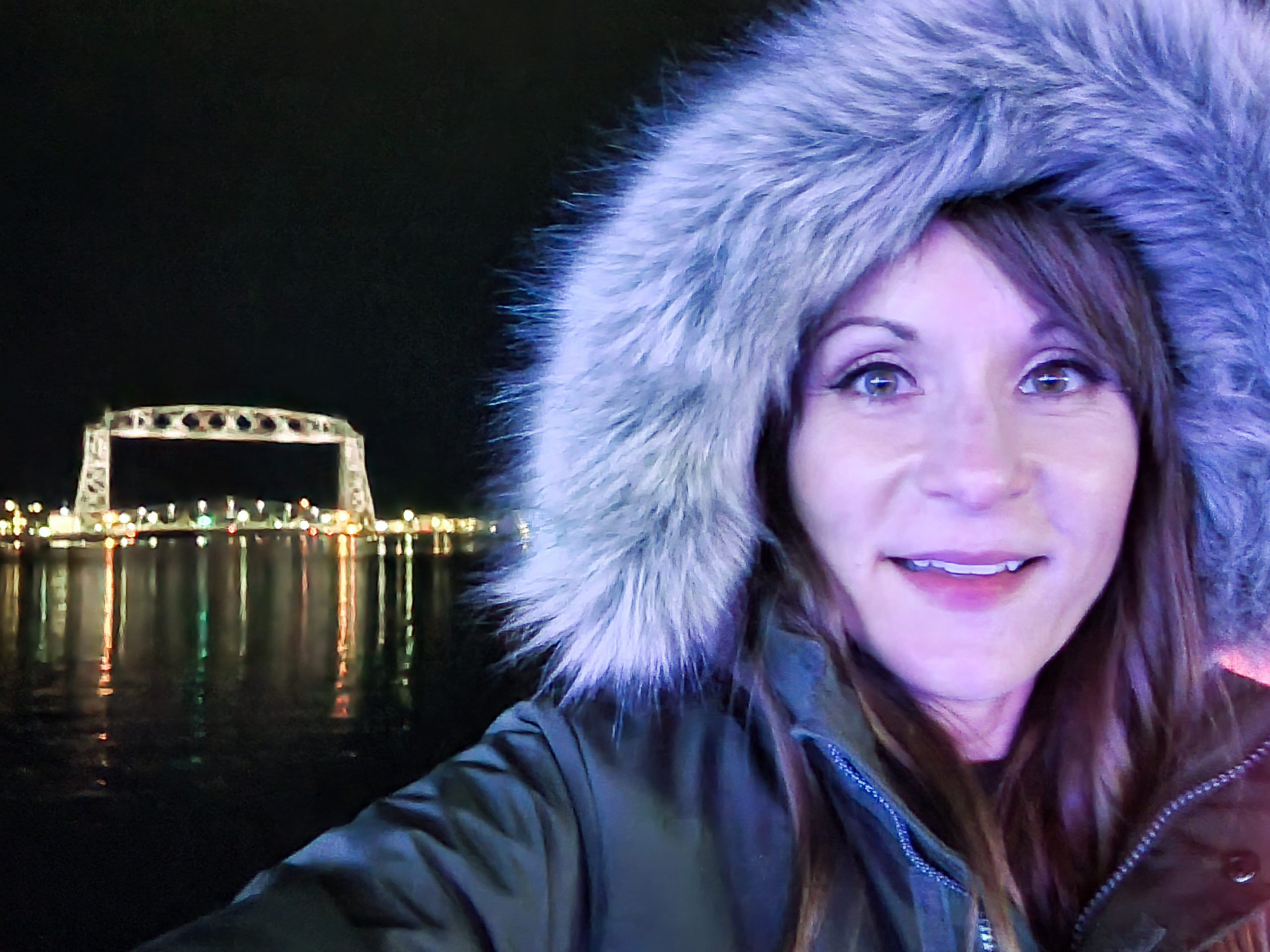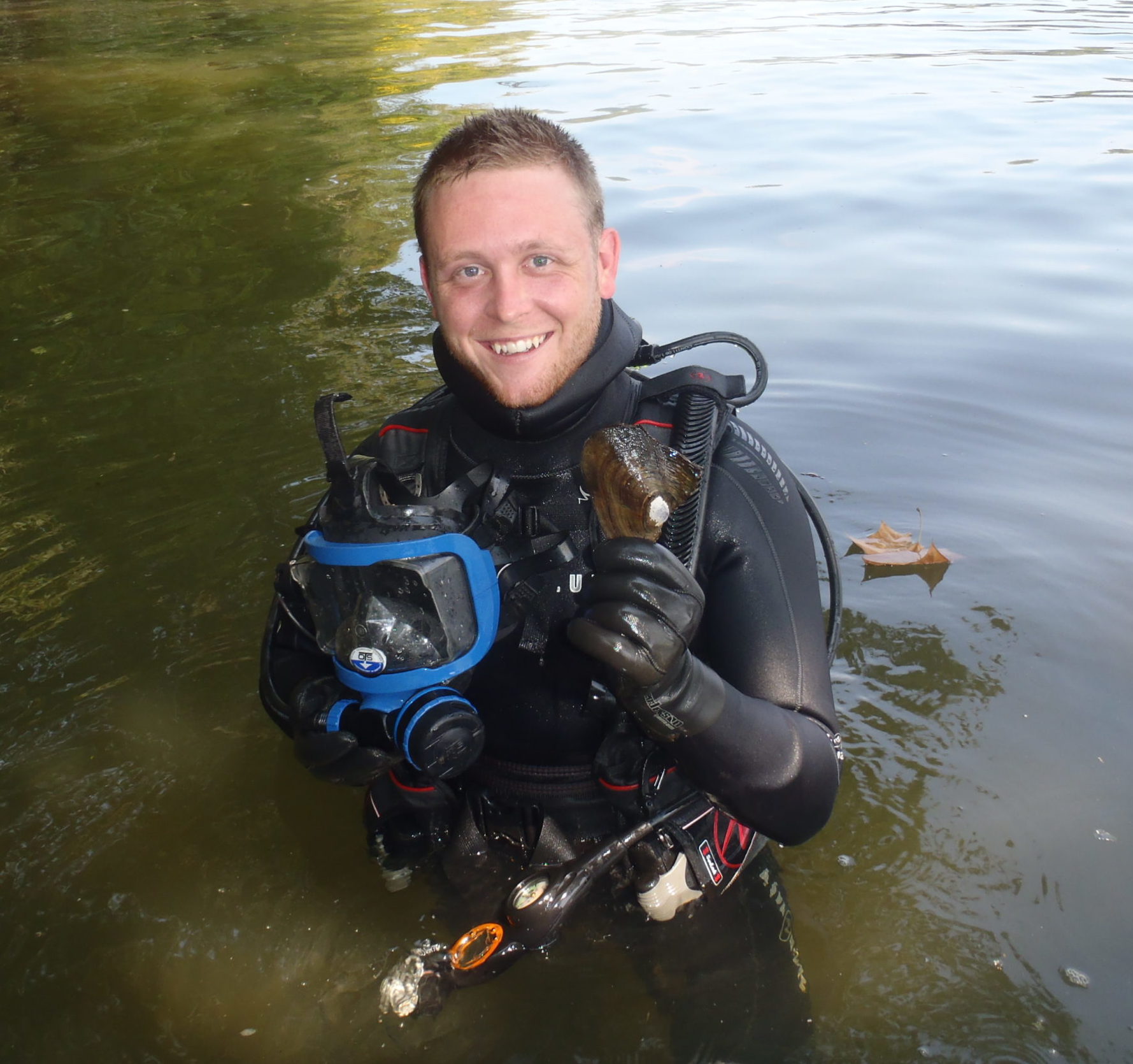Episode 4 of the Clean Water Pod
Jokingly called the “naughty list” by some water professionals, the Clean Water Act Section 303(d)’s list of impaired waters helps to define the extent of pollution within the nation’s water bodies. When a state determines that a water body such as a lake or a river is polluted, or impaired, and does not meet the designated use assigned to it, such as swimming or fishable, it is then added to the impaired waters list.
In this episode of the Clean Water Pod, host Jeff Berckes and guests Dustin Shull and Miranda Nichols explore how the impaired waters list connects the goals of water quality standards with monitoring data, helping states prioritize water quality improvement projects. Shull has 13 years of experience with the Pennsylvania Department of Environmental Protection’s Water Quality Division, and Nichols is the data analysis unit supervisor with the Minnesota Pollution Control Agency. They discuss how the list is created and used, communication strategies and public response, as well as the role and evolution of data collection and management.

“The impaired waters list has transitioned from sort of a lightning rod of people not liking getting on the list for various reasons into a communication piece,” said Nichols. “Now when the impaired waters list goes out, we talk about it and we talk about state water quality as a whole. That’s much better than where we were 10 years ago.”
The trio also spoke about successes resulting from the impaired waters list. “The effort to get a handle on measuring the state of our waters has produced some really incredible science,” said Shull. “Journal article publications, expanding our understanding of freshwater biology and marine biology as well – it’s an amazing accomplishment.”
The episode concludes with tips for those looking to join the water quality field and reflections on new challenges such as PFAS facing the industry.

“For somebody getting into college, taking a couple of courses that are outside of the realm of biology is a good idea,” said Shull. “It helped to solidify some of my experiences here. Take a hydrology course, take a statistics course, because it really is a multi-disciplinary field to be in.”
Learn more about the Clean Water Act Section 303(d) list of impaired water.
Listen to episode four here, or tune in wherever you get your podcasts, including Apple Podcasts, Spotify and Google Podcasts.
Follow @CleanWaterPod on Twitter for the latest updates.
About The Clean Water Pod
Through perspectives and stories from across the country, the “Clean Water Pod” explores the challenges and successes of restoring and protecting water quality. Season one of the podcast focuses on the fundamentals of the Clean Water Act.
This podcast is funded by a grant through the U.S. EPA and produced by Flip the Field and NEIWPCC.
Learn more about our work around the Clean Water Act 303(d) program.